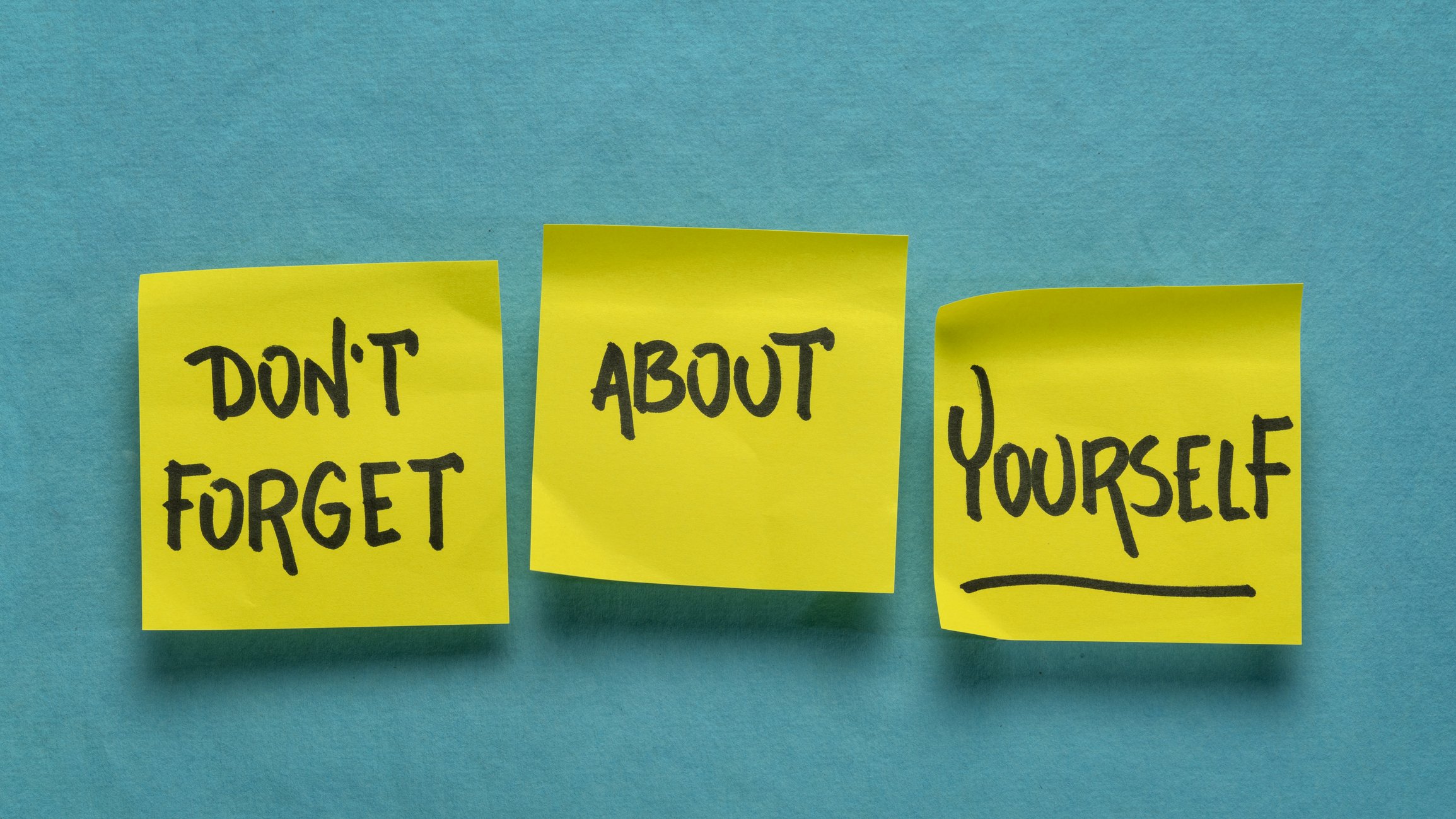The most wonderful time of the year can also be the most stressful time of the year. So many expectations, events to attend, planning and preparation, and all the costs associated can all add up and put a damper on the Christmas spirit. The less talked about cost of the Christmas season, is the toll it can put on your mental health. Here are a few tips to help you get through the holidays!
✴ Breathe. All the pressure and stress of planning can be overwhelming, which can cause feelings of anxiety. Deep breathing exercises and meditation can help to bring us back into the present moment, and calm the ‘monkey brain’ when we are overthinking. There are apps for your phone (eg. Calm, Headspace, Buddhify, etc) that will guide you through meditation and breathing exercises if you need a little guidance, or you can practice Box Breathing - inhale for 4 seconds, hold for 4 seconds, exhale for 4 seconds, hold for 4 seconds, repeat.
✴ Set boundaries. Set boundaries early and stick to them! It can be easy to get swept up in the holidays and get overly generous with our time, event attendance, gift giving, hosting, etc., which can deplete our energy, time, and resources. Get clear on what your capacity is and then set firm limits and boundaries so that you aren’t needing a holiday to recover from the holiday season.
✴ Simplify. Look for ways to streamline your holiday tasks - online shop, use a grocery delivery service, opt out of less meaningful gift exchanges and events, etc. Reducing your task list of errands and unnecessary engagements will leave you more time to spend with the people you care about or even to take some time for yourself.
✴ Sleep. While it’s important to get proper rest all year round, the holidays can be extra busy with planning, and we often can let our bedtime creep up later and later to get it all done. Set a hard bedtime and stick to it. You’ll wake up more refreshed and be able to tackle the to-do-list more effectively tomorrow.
✴ Mind the sugar. Holiday treats are delicious and meant to be enjoyed, but overdoing it can take a toll on your energy, mood, skin, digestion, and waistline. Enjoy in moderation and opt for healthier substitutes of your favourite recipes when possible.
✴ Mind the alcohol. Holiday parties might mean you’ll be consuming a few more alcoholic beverages than average. We all are aware of the after effects of overconsumption, (which can be quite unpleasant) so do your best to practice moderation. Try switching for a glass of water between drinks to reduce your consumption naturally as well as to stay hydrated - you’ll thank yourself for it in the morning!
✴ Stay active. It can be tempting to let your exercise routine slide during the holidays but sticking with it can help you reduce stress and burn off the extra calories from those holiday feasts! This will leave you in a much better position, both physically and mentally when the holidays are over.
✴ Get outside. Walking outside in nature has been found to reduce blood pressure and the stress hormone, cortisol. If you’re going to hit the mall, why not take a walk around your neighborhood afterwards to destress.
✴ Practice Gratitude. While it is the season to be making lists of things we want, I would also invite you to make lists of gratitude for the things you already have. A roof over your head, food in the fridge, loving friends and family, etc., etc. There are so many ways in which we are fortunate that we take for granted every day. An attitude of gratitude can shift your perspective from lack to abundance, which is a much more pleasant and helpful state of mind to operate from. Challenge yourself to make a list of 10 things you’re grateful for each morning for the month of December and see how it changes your outlook by the New Year!
Above all, remember the reason for the season! The holidays should be about joy, connection, and making memories with the people you love.
Wishing you a happy + healthy holiday,
Jacalyn Sieben, ND




